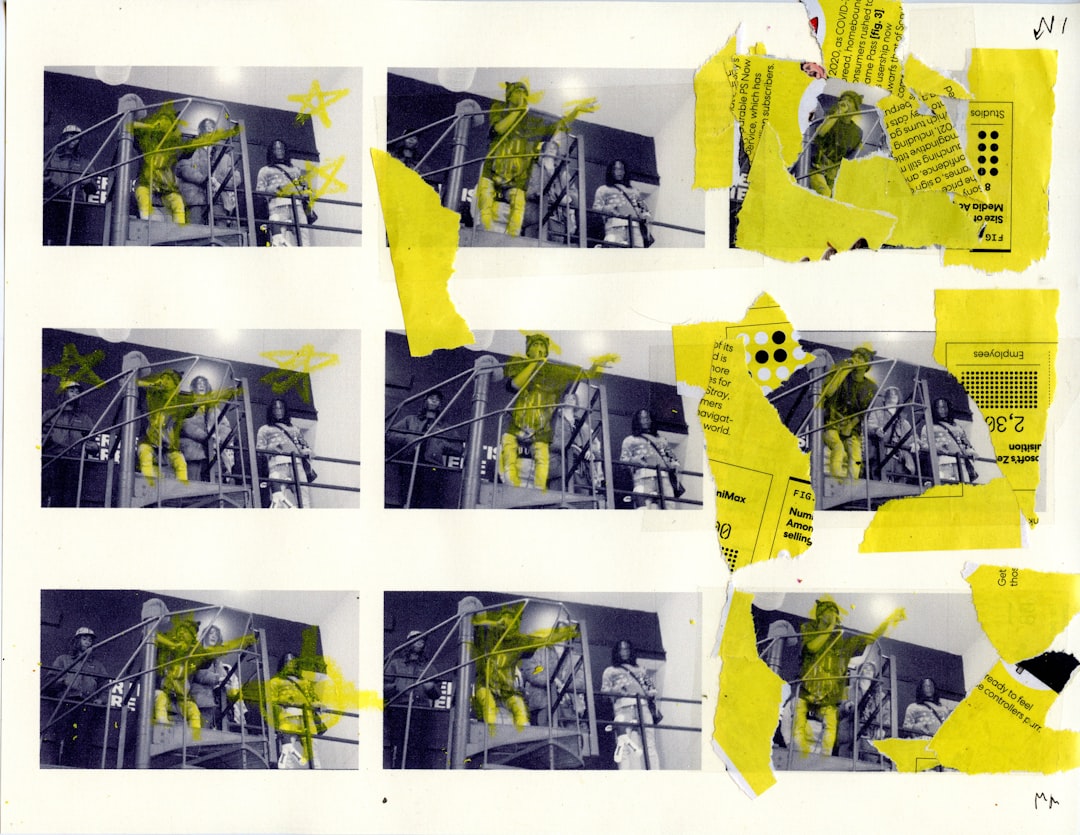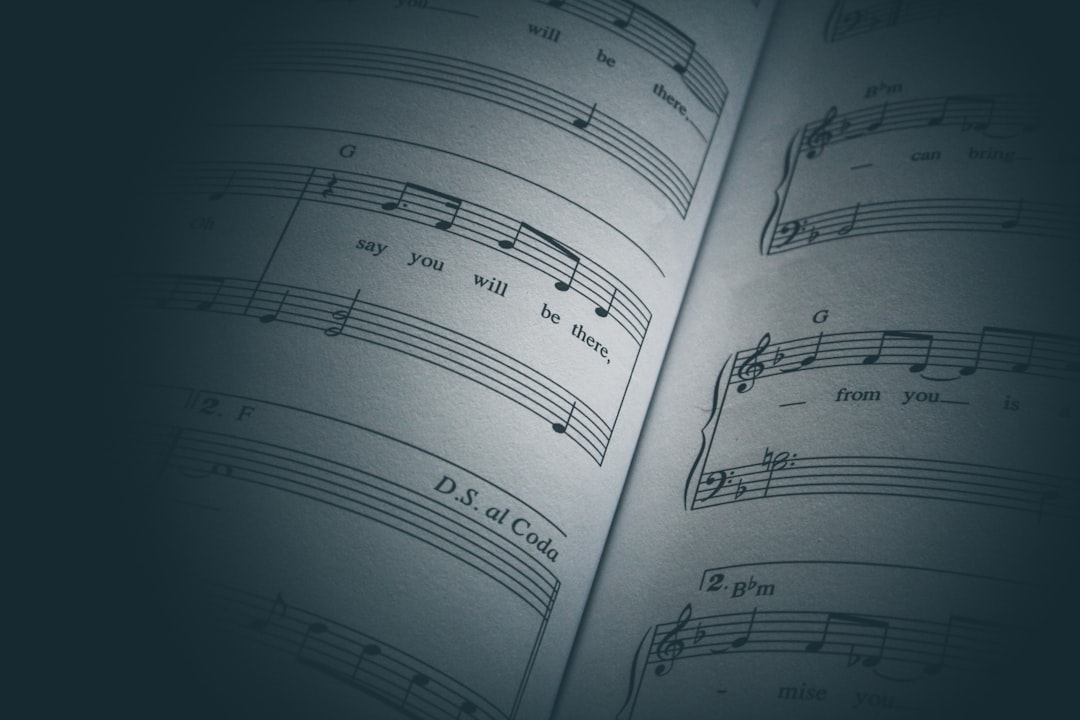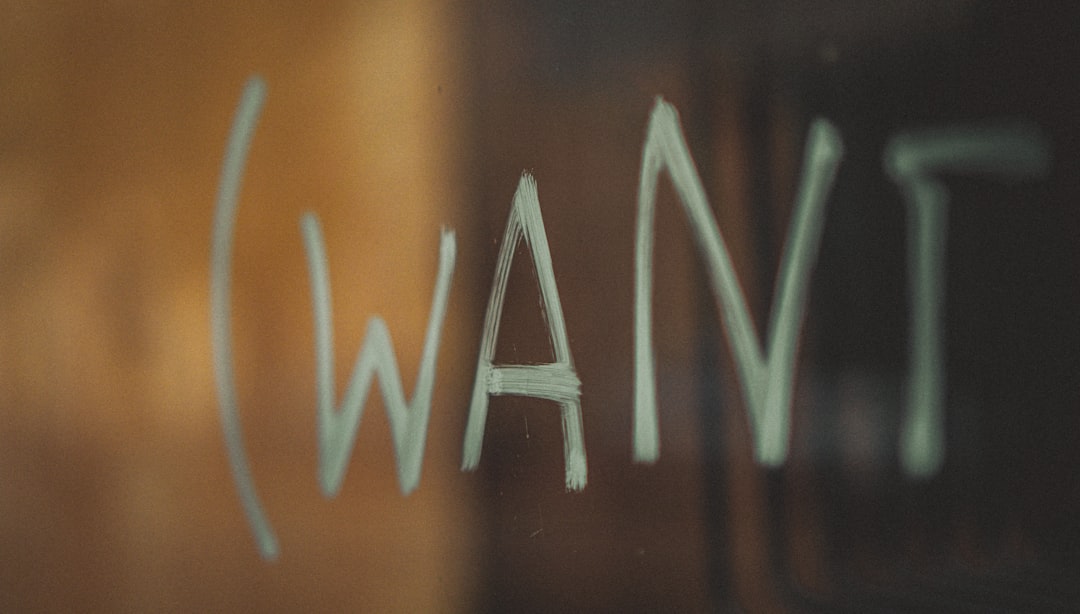The Music x Brand High-Wire Act
New book navigates the balancing act. We interviewed the authors.
From U2’s unappreciated iPod invasion to Adidas’ messy corporate divorce from Yeezy, the relationship between music and brands can be a high-risk high-wire act for music marketing professionals. Fortunately, two of the profession’s most experienced players — Joe Belliotti (Coca-Cola, Songtradr) and Rebecca Jolly (Beatport, Mixmag, Spotify, ID&T) — recently published a book, How Music Grows Brands: The Field Guide, that is essential reading for anyone looking to effectively bridge the gap between brands, bands and fans.
The Cadence: You two have been doing a lot of press around this book. Are you surprised by the attention it’s gotten?
Rebecca: The book has received a lot more attention than we expected, actually. It was a lockdown project that seems to have gone far differently than we expected.
Joe: It felt like a topic that hadn't really been unpacked, and not the way we unpacked it by giving the strategies, the frameworks and the tools. Taking what we do instinctually, capturing it and sharing it.
It's a big topic in the sense that virtually every brand spends on music, but the investment is still relatively small compared to influencer marketing, sports marketing, and other marketing that brands are putting their dollars into.
The Cadence: Do you have a theory as to why that is?
Joe: Sometimes brands find it hard to realize the ROI, but that is very solvable. We are seeing more and more brands building internal music capabilities to successfully navigate the space consistently, much like Vans or Coca-Cola.
My hope is that we'll start getting brands to think about music more strategically and then they really reap the benefits — it drives your business, it drives more investment into the music communities and it builds deeper relationships with audiences.
Rebecca: It's pretty easy to take your budget and attach it to a sports team or to a tournament, and you know what results you will get. It’s tougher in music because the industry is so fragmented. Many brands ask where do you even begin.
Joe: Think about the fragmentation from the music fan's experience: I go to Spotify to listen to music. I go to Instagram to see the pictures, I go to YouTube to see the videos. I go to Bandsintown to see who's playing. I go to Live Nation to get my tickets. That makes it inherently complicated for a brand.
Rebecca: We've both collectively spent a couple of decades working on different sides of it. And our job is to uncomplicate it. We’ve seen really successful campaigns and ones that have just didn’t deliver well enough.
The Cadence: Looking beyond the platforms, how do you deal with the artists?
Joe: Sometimes, the closer you get to the artist, the further away you get to their fan because they don't always own their content, they don't own their channels, they don't own the distribution. They don't really have the closeness they want to their audience anymore, which is a shame.
The Cadence: With all these challenges, why would a brand want to lean into music as opposed to, say, a PGA sponsorship?
Rebecca: When you look at something like the PGA for example, I think the audience is really different. They're very focused on one thing. A brand isn't gonna change the emotional experience of the game of golf. Whereas a brand can do a lot more with music by enhancing the experience, the access or even creating unique content, It is a lot more emotional.
When you do something right in music, it has the potential to touch a huge proportion of the population.
The Cadence: This book was a pandemic project. With things returning to normal, what do you think has changed in the music x brands relationship?
Joe: If there's anything good to come out of the pandemic, it’s that brands understand better how to create hybrid experiences. So now, whether there are a hundred people at a live activation or 150,000 people, you're not limited to that audience. We’ve become much savvier in amplifying experiences digitally and through live streaming. Obviously, we had to overcompensate with streaming only during the pandemic. Now what you're seeing is this convergence of the two, and that was accelerated by the pandemic.
Rebecca: Even pre-pandemic, there was a tipping point coming. For most brands, the focus was only online, or only in real life. I think the pandemic demonstrated the importance of real-world experience, those who are there and those who will actively engage online.
The Cadence: Because of the forced pause, there’s a whole generation of newly minted influencers who came up during the pandemic who never went to SXSW or whatever. Celine did a party in LA last month with Iggy Pop and The Strokes. You would've thought no brand had ever paid a musician too much money to perform before.
Joe: I love the way you frame it because there was a time that show would've been looked at cynically. I love the fact that brands are the ones that create these experiences and we — the fans and the consumer — appreciate them for it today.
The Cadence: How does the metaverse sit in these conversations right now?
Joe: When you have these digital environments, they become really interesting testing grounds. Build things that you wouldn't necessarily go and build in the real world, but try them in digital environments.
Rebecca: This is what a lot of fashion brands are doing. They're using the metaverse as a testing ground. They put a bunch of concept products in the Metaverse store, and then they figure out which ones sell and those go into production.
The Cadence: Looking back at the last 20 years, can you give us your favorite music x brand project?
Rebecca: My favorite was Smirnoff's Equalizing Music campaign. They worked with the entire industry and encouraged the industry to sign pledges to be more proactive in working with diverse and underrepresented talent — whether it was hiring DJs the staff or the representation in the music they chose to feature. I loved that there was a real opportunity to change things when they started. I just wish it had carried on.
Joe: I'm gonna go back to what Sprite did in the 90s with Pete Rock, CL Smooth, MC Shan and KRS One. That was really bold for that time and it had a real hand in taking hip-hop to a different audience.
Help stop the increased cost of U.S. visas for foreign musicians. Click below to submit a formal comment to the Department of Homeland Security.
TAKEAWAYS
Salient statements from this week’s music news.
1. It Takes a Lot of People to Create All This AI Music
The start and end points for AI music remain a flesh-and-bones operation.
Takeaway: “Unsuccessful soundscapes are generated all the time.”

2. When Songs Sound Similar, Courts Look for Musical DNA
The debate over what constitutes infringement still remains subject to judges and juries.
Takeaway: Copyright suits are a standard hazard for successful pop musicians; they may be inevitable in an art form that relies so deeply on the influence of past works.

3. Can Ticket Fees Really Be Killed?
The laws of supply and demand won’t go away if regulators ban ticketing fees.
Takeaway: If fees were eliminated, artists — who are the final authority on primary ticket prices — would be forced to raise them to cover the additional cost. The surcharge may have disappeared, but that cost would still exist in the form of a higher face value. Regardless of the approach, the consumer’s expense and the venue’s revenues would be unchanged.





